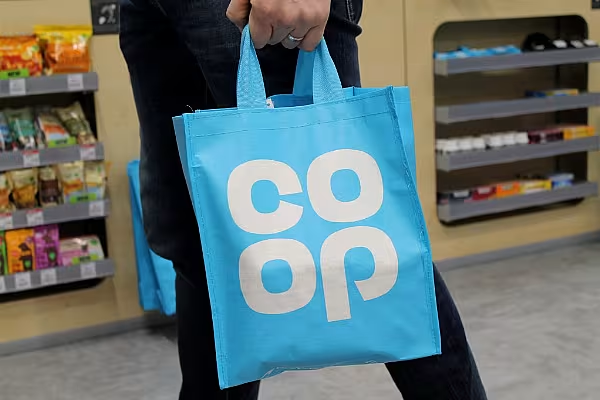UK retailer The Co-operative has released its Ethical Consumerism report, which tracks ethical consumer spending over the last 20 years.
According to the report, ethical spending in the UK has now surpassed £40 billion.
This figure marks a substantial increase from £11.2 billion in 1999, and has resulted from a shift in consumer’s purchasing behaviour as consumers are increasingly shifting their focus towards environmentally-friendly shopping.
Over the past two decades total ethical spending in the UK has seen an almost fourfold increase, according to the Co-op, outgrowing UK household expenditure, which only saw a two percent increase.
The average household expenditure on ethical purchases has grown from £202 a year in 1999 to £1,278 a year in 2018.
Plastic Measures
Following the release of the report, Co-op has committed to banning black plastic packaging from all of its products. The company has committed to phasing out all non-recyclable plastics and replacing them with reusable or easily recyclable materials by the summer of 2020, according to Co-op Food CEO Jo Whitfield.
Co-op which makes over 750 million pieces of plastic film each year, plans to develop its own national collection programme for plastic film.
The scheme will undergo a store trial this spring, followed by a national rollout this summer.
The scheme will be facilitated by the UK’s largest ever scheme to recycle plastic film, which local councils are not currently able to collect for recycling.
Recycling Shortfall
According to the report, only half a million of the 2.3 million tonnes of plastic used in the UK market is currently being recycled. This means that an estimated 1.2 million tonnes of plastic packaging used for consumer goods ends up in landfills.
This issued has been attributed to a lack of knowledge about which packaging can be recycled, along with local authorities lacking the necessary facilities to manage various types of recycling.
According to the recent Ethical Consumerism report by @coopuk, ethical spending in the UK has surpassed £40 billion.https://t.co/7y24n04swU
Which certification drives shoppers’ ethical spending the most, do you think?— European Supermarket Magazine (@esm_magazine) January 3, 2020
© 2020 European Supermarket Magazine – your source for the latest retail news. Article by Elizabeth Schroeder. Click subscribe to sign up to ESM: The European Supermarket Magazine.













